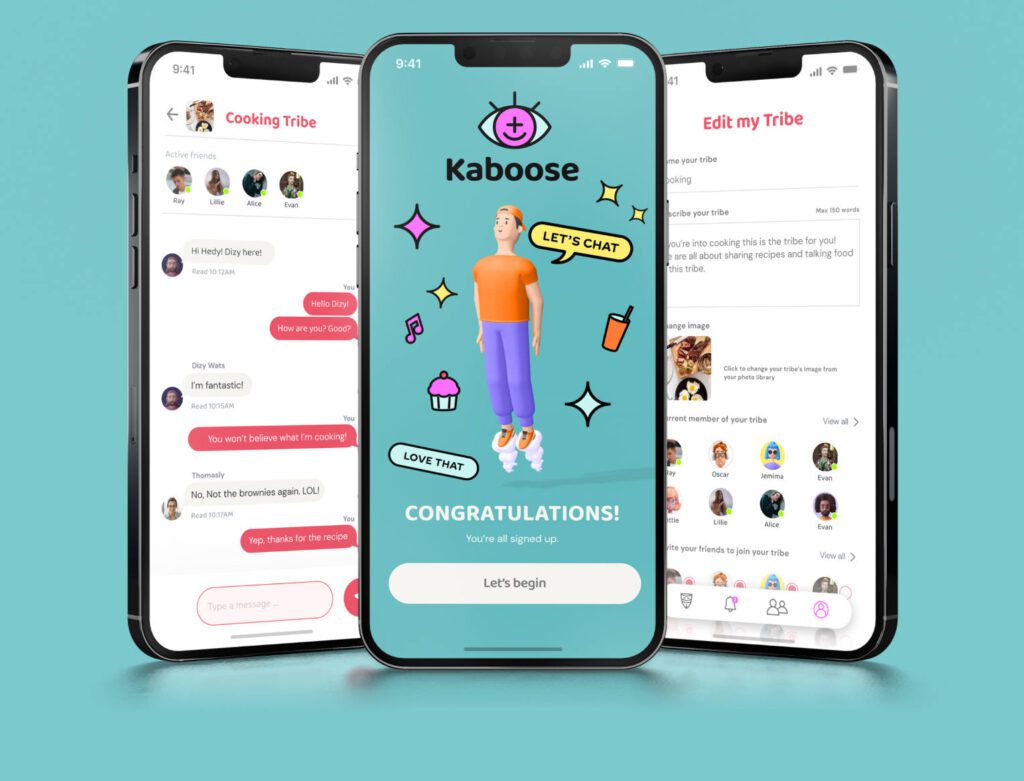Friendships are a crucial part of our lives, they help us feel connected and provide us with support, joy, and a sense of belonging. However, for neurodivergent individuals, forming and maintaining friendships can come with unique challenges as well as magical moments that differ from neurotypical experiences.
The Magic of Neurodivergent Friendships
Neurodivergent friendships often blossom with a depth of understanding and connection that can feel magical. These friendships can be incredibly supportive, as neurodivergent individuals may have a heightened sense of empathy and a deep understanding of each other’s experiences. This mutual understanding can lead to a strong bond where both parties feel truly seen and appreciated for who they are.
For example, someone with ADHD might find a kindred spirit in a friend who shares their enthusiasm and creativity, leading to exciting adventures and innovative projects together. Similarly, individuals on the autism spectrum might form deeply rewarding friendships based on shared interests and a mutual appreciation for each other’s unique perspectives.
The Challenges of Forming Friendships
Despite the potential for profound connections, neurodivergent individuals often face significant obstacles when it comes to making friends. Social anxiety and rejection sensitivity are two major hurdles that can make the process daunting.
Social Anxiety
Social anxiety can be a pervasive issue for neurodivergent individuals. The fear of being judged or misunderstood can create a barrier to initiating and sustaining social interactions. This anxiety can manifest in various ways, such as overanalyzing social cues, worrying about saying the wrong thing, or avoiding social situations altogether.
For instance, someone with social anxiety might find it challenging to attend gatherings or initiate conversations, leading to missed opportunities for forming new friendships. This can result in feelings of isolation and loneliness, which further exacerbate anxiety.
Rejection Sensitivity
Rejection sensitivity is another significant challenge that neurodivergent individuals often contend with. This heightened sensitivity to rejection can stem from past experiences of social exclusion or misunderstanding. The fear of rejection can lead to avoidance of social situations or extreme reactions to perceived slights.
For example, a neurodivergent person might interpret a delayed text response as a sign of disinterest or rejection, causing them to withdraw or become overly anxious about the state of the friendship. This sensitivity can create a vicious cycle, where the fear of rejection leads to behaviors that inadvertently push others away.
Strategies for Overcoming Challenges
Despite these challenges, there are strategies that neurodivergent individuals can employ to build and maintain meaningful friendships:
- Finding Like-Minded Communities: Joining communities that share common interests can provide a more comfortable and understanding environment for forming friendships. This is why we started Kaboose, so that neurodivergent individuals can connect with their peers.
- Building strategies for social anxieties: Working with a therapist or participating in mentoring programs can help neurodivergent individuals build confidence and improve their social interactions. Learning techniques for managing anxiety and interpreting social cues can make a significant difference.
- Open Communication: Being open about one’s neurodivergence with friends can foster greater understanding and empathy. Explaining one’s needs and boundaries can help friends provide the right kind of support and reduce misunderstandings.
- Self-Compassion: Practicing self-compassion and recognizing that it’s okay to have different social needs can alleviate some of the pressure. Accepting oneself and acknowledging the effort it takes to engage socially can be empowering.
Neurodivergent friendships can be incredibly rewarding, offering deep connections and mutual support. However, the challenges of social anxiety and rejection sensitivity can make the journey to these friendships more complex. By understanding these challenges and employing strategies to address them, neurodivergent individuals can find and nurture friendships that enrich their lives. The magic of neurodivergent friendships lies in their authenticity, empathy, and the unique perspectives that each individual brings to the table.




